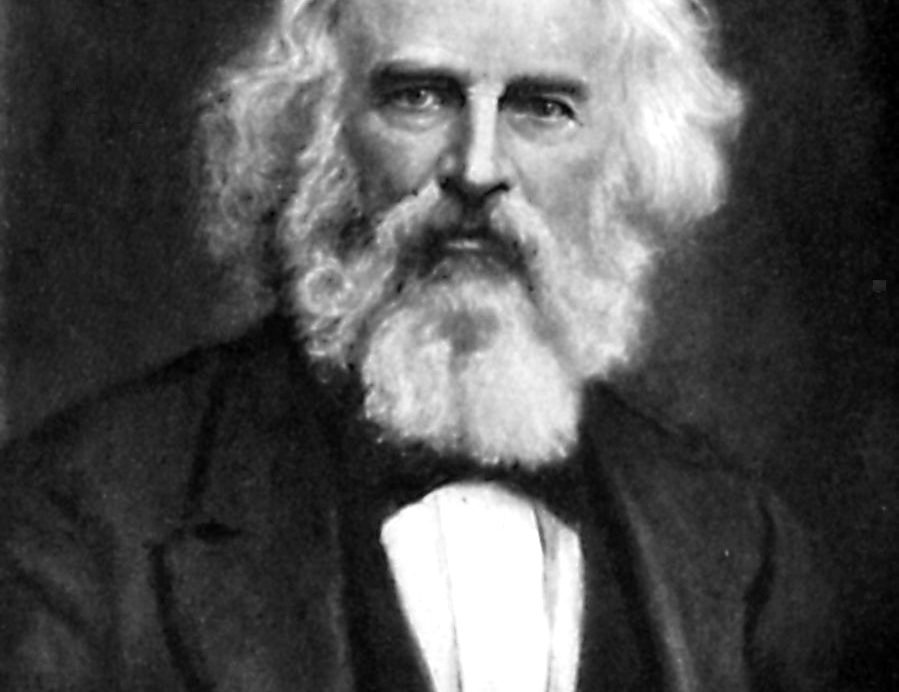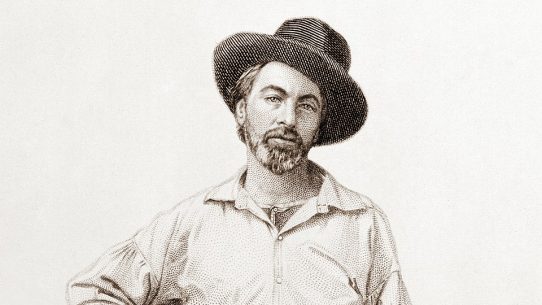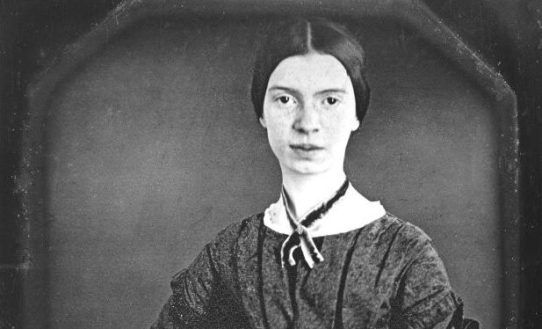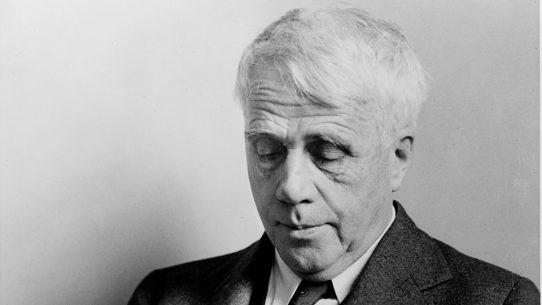Born: February 27, 1807, Portland, Maine, United States
Died: March 24, 1882, Cambridge, Massachusetts, United States
Nationality: American
Literary Period/Movement: American Romanticism, Fireside Poets
Introduction
Henry Wadsworth Longfellow (1807–1882) was one of the most widely read and beloved American poets of the nineteenth century. His lyrical storytelling, moral optimism, and use of rhythm made his works accessible to readers across generations. Longfellow helped shape the voice of American poetry at a time when the young nation sought its own literary identity.
Early Life and Education
Longfellow was born in Portland, Maine, then part of Massachusetts, into a family of New England heritage. His father was a lawyer and congressman, while his mother descended from early settlers. Encouraged from a young age to read and write, Longfellow attended Bowdoin College, where he befriended future novelist Nathaniel Hawthorne. He demonstrated early talent and published poems in local newspapers before graduating in 1825.
After college, Longfellow studied languages and literature in Europe, traveling extensively in France, Spain, Italy, and Germany. This journey would profoundly influence his poetic voice, instilling in him a deep appreciation for European literary traditions and for the power of storytelling rooted in history and myth.
Literary Career and Major Works
Longfellow began his professional career as a professor at Bowdoin College and later at Harvard, teaching modern languages while continuing to write poetry and translations. His early collections, such as Voices of the Night (1839) and Ballads and Other Poems (1841), introduced themes of love, faith, and perseverance that resonated with the American public.
He achieved international fame with narrative poems like Evangeline (1847), The Song of Hiawatha (1855), and The Courtship of Miles Standish (1858). These works combined mythic storytelling with musical meter, drawing from Native American legend, American history, and European romance. His translations, most notably of Dante’s Divine Comedy, revealed his scholarship and literary devotion.
By the mid-nineteenth century, Longfellow was regarded as the “poet of the hearth,” admired for his sincerity and moral tone. His accessible verse made poetry part of everyday American life, recited in schools and read by families around the fireside.
Style, Themes, and Influence
Longfellow’s style is marked by musical rhythm, clear imagery, and emotional warmth. His verse often reflects faith in human goodness and the moral order of the universe. While critics later accused him of sentimentality, his craftsmanship and clarity helped elevate American poetry to international respectability.
Themes of love, loss, perseverance, and national identity run throughout his work. He drew from both American subjects and European forms, blending them into poetry that felt both local and universal. Later poets, even those who rejected his gentler tone, acknowledged his influence in legitimizing American literature on the world stage.
Later Life and Legacy
Longfellow’s later life was marked by both fame and personal sorrow. He suffered deeply after the tragic death of his second wife, Frances Appleton, in a household fire in 1861. Despite his grief, he continued to write, producing reflective works such as The Bells of San Blas and his translation of Dante.
When he died in 1882, Longfellow was mourned across America and Europe. His poems remained staples of education for decades, and his home in Cambridge became a national historic site. Today, he is remembered as a poet of melody and moral strength — a figure who gave early American poetry both dignity and heart.
Notable Works
- Voices of the Night (1839)
- Ballads and Other Poems (1841)
- Evangeline (1847)
- The Song of Hiawatha (1855)
- The Courtship of Miles Standish (1858)
- Divina Commedia (Translation, 1867)
Related Poets
Ralph Waldo Emerson, William Cullen Bryant, John Greenleaf Whittier



